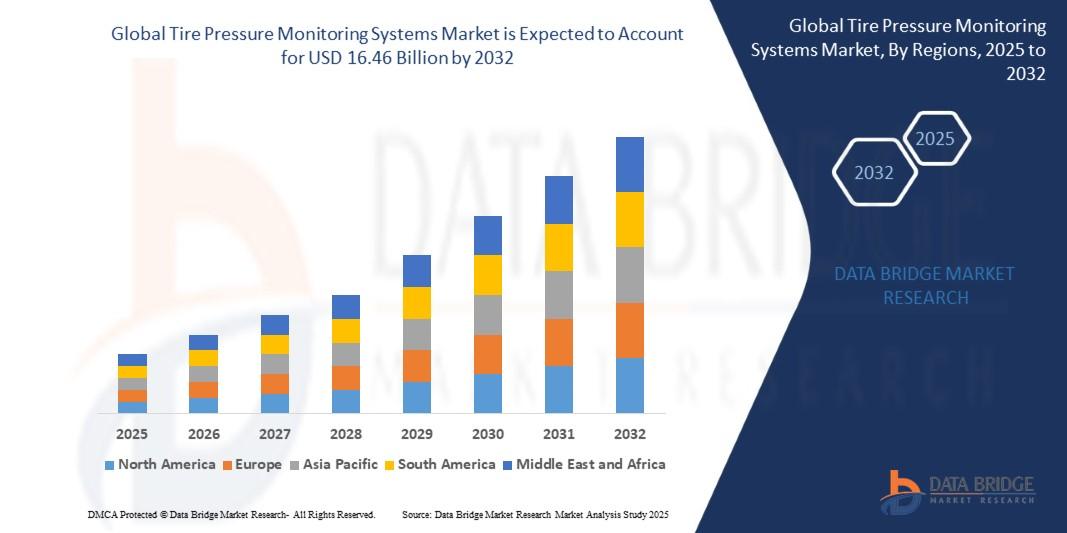How GPS Trackers Improve Fuel Efficiency and Driver Performance for CNGs
CNG vehicles have become a vital part of Bangladesh’s transportation network, providing cost-effective commuting and delivery solutions in both urban and rural areas. However, rising fuel consumption, inefficient driving habits, and traffic congestion are persistent challenges for CNG owners and fleet operators. Managing fuel usage and improving driver performance are key to maintaining profitability and ensuring safe operations.
The advent of GPS tracking for CNGs has transformed how owners and operators manage their vehicles. These systems provide real-time insights into driving patterns, route choices, and vehicle utilization, ultimately boosting fuel efficiency and enhancing driver accountability. This article, written on behalf of iTracker Bangladesh, explores how GPS trackers can improve fuel efficiency and driver performance, supported by expert insights and practical strategies.
Understanding GPS Tracking for CNGs
A GPS tracker is a compact device installed in a vehicle to monitor its location, speed, route, and operational parameters. For CNG vehicles, these devices serve multiple purposes:
-
Real-time monitoring of vehicle movement
-
Historical route tracking for performance analysis
-
Alerts for speeding, unauthorized stops, or tampering
-
Data collection for fuel consumption and efficiency
By providing actionable insights, GPS trackers allow CNG owners to make informed decisions that reduce fuel waste and improve operational efficiency.
The Challenge of Fuel Efficiency in CNG Vehicles
Fuel efficiency is a critical concern for CNG owners in Bangladesh. Traffic congestion, idling, and inefficient driving habits contribute to unnecessary fuel consumption. According to recent transportation studies, urban CNG vehicles spend up to 30% of operational time idling in traffic or taking inefficient routes. This not only increases fuel usage but also raises operational costs and environmental impact.
Driver behavior plays a significant role in fuel efficiency. Excessive speeding, harsh braking, and unnecessary detours directly impact fuel consumption. Without monitoring, fleet operators have little visibility into driver practices, making optimization difficult.
How GPS Tracking Improves Fuel Efficiency
1. Monitoring Idling and Engine Usage
GPS trackers can detect periods of idling and engine activity. By monitoring this data, CNG owners can identify vehicles that consume fuel while stationary and implement strategies to reduce unnecessary idling. For instance, drivers can be instructed to turn off engines during long stops, saving fuel.
2. Optimizing Routes
With GPS tracking, CNG vehicles can access real-time traffic updates and route optimization suggestions. By avoiding congested roads and selecting the most efficient routes, drivers reduce travel time and fuel consumption. Historical route analysis also helps identify recurring traffic bottlenecks and inefficient paths.
3. Monitoring Speed and Driving Habits
Speeding and aggressive driving are major contributors to fuel wastage. GPS trackers allow operators to monitor vehicle speed and alert drivers to maintain optimal speed ranges. Smooth acceleration and deceleration reduce fuel consumption while improving vehicle longevity.
4. Trip Analysis and Reporting
GPS tracking systems provide detailed trip reports, including distance traveled, idle time, and fuel consumption estimates. This data allows fleet managers to evaluate performance, identify inefficiencies, and implement targeted improvements to reduce fuel costs.
Enhancing Driver Performance with GPS Tracking
1. Real-Time Feedback
GPS trackers provide instant feedback on driving behavior. Alerts for overspeeding, harsh braking, or route deviations encourage drivers to adopt safer and more efficient habits. Immediate feedback is more effective than post-trip evaluations for behavior modification.
2. Performance Accountability
When drivers know their performance is being monitored, they are more likely to adhere to safe driving practices. GPS tracking fosters accountability, ensuring drivers follow prescribed routes, maintain speed limits, and avoid unnecessary stops.
3. Training and Development
Historical data from GPS trackers can be used to develop driver training programs. For example, repeated patterns of aggressive driving or inefficient route selection can be addressed through targeted coaching, leading to improved performance over time.
4. Incentivizing Good Behavior
Fleet operators can use GPS tracking data to implement reward systems for drivers who demonstrate fuel-efficient and safe driving. Recognizing good performance encourages drivers to maintain high standards consistently.
Practical Applications of GPS Tracking for CNGs
Individual Vehicle Owners
Personal CNG owners benefit from GPS tracking by reducing fuel costs and monitoring driving habits. Real-time monitoring allows owners to detect inefficient behavior or unauthorized use, while historical data helps plan more fuel-efficient trips.
Commercial CNG Operators
Operators managing multiple vehicles gain insights into fleet-wide performance. GPS tracking enables monitoring of fuel consumption across all vehicles, comparison of driver behavior, and identification of areas for operational improvement.
Fleet Managers
Fleet managers can integrate GPS tracking with management platforms to centralize vehicle data. Automated reports on fuel usage, route efficiency, and driver behavior help optimize operations, reduce costs, and improve service reliability.
Key Features to Look for in GPS Tracking for CNGs
-
Real-Time Location Updates: Essential for monitoring vehicle movement and optimizing routes.
-
Speed and Driving Alerts: Helps control reckless driving and reduce fuel wastage.
-
Trip History Logs: Allows detailed analysis of routes, stops, and fuel efficiency.
-
Idle Time Monitoring: Identifies vehicles that consume fuel unnecessarily.
-
Geo-Fencing Capabilities: Alerts if a vehicle leaves a designated area, enhancing control.
-
User-Friendly Interface: Accessible through smartphones or desktop platforms for easy monitoring.
Expert Tip: Modern GPS tracking for CNGs combines real-time monitoring, historical trip analysis, and driver alerts, offering a comprehensive solution for both fuel efficiency and performance improvement.
Common Mistakes to Avoid
-
Ignoring historical data analysis, which limits insights into inefficiencies
-
Not providing feedback to drivers, reducing the effectiveness of monitoring
-
Overlooking the importance of device placement for optimal GPS signal reception
-
Neglecting periodic updates and maintenance of GPS software
-
Failing to educate drivers about the benefits and purpose of tracking
Proper usage and regular analysis are crucial to leveraging the full potential of GPS tracking for CNGs.
Future Trends in GPS Tracking for CNGs
-
AI-Based Driving Analysis: Predictive insights will help prevent inefficient driving patterns and reduce fuel consumption.
-
Integration with Smart City Traffic Systems: GPS data can optimize routes based on real-time traffic conditions.
-
Advanced Fuel Monitoring Sensors: Future GPS trackers may provide real-time fuel level monitoring for more precise efficiency management.
-
Hybrid Tracking Solutions: Devices combining stealth installation with full analytics capabilities will enhance security, efficiency, and accountability.
How to Implement GPS Tracking Effectively
Step 1: Install the Tracker Strategically
Choose locations that provide strong GPS reception while remaining discreet, such as under the dashboard or in the vehicle’s interior panels.
Step 2: Configure Alerts and Notifications
Set alerts for speeding, harsh braking, and route deviations. Geo-fencing notifications help prevent unauthorized use.
Step 3: Monitor and Analyze Data Regularly
Review trip history, fuel consumption, and driver behavior on a daily or weekly basis. Identify patterns that can improve efficiency and safety.
Step 4: Provide Feedback to Drivers
Share insights with drivers to encourage safe and fuel-efficient habits. Positive reinforcement and constructive feedback improve performance over time.
Step 5: Integrate with Fleet Management Tools
For operators with multiple vehicles, centralized dashboards allow monitoring of all CNGs in one place, simplifying data analysis and decision-making.
Conclusion
For CNG owners and fleet operators in Bangladesh, GPS tracking is a powerful tool that goes beyond simple vehicle location monitoring. By implementing GPS tracking for CNGs, owners can significantly improve fuel efficiency, monitor driver performance, and optimize operational workflows.
The benefits are clear: reduced fuel consumption, safer driving, enhanced accountability, and actionable insights for better decision-making. Whether managing a single vehicle or a large fleet, GPS trackers provide the tools needed to maximize efficiency, reduce costs, and ensure the safe operation of CNG vehicles.
Written on behalf of iTracker Bangladesh, a trusted provider of GPS tracking solutions designed to enhance vehicle performance, safety, and operational efficiency in Bangladesh.






